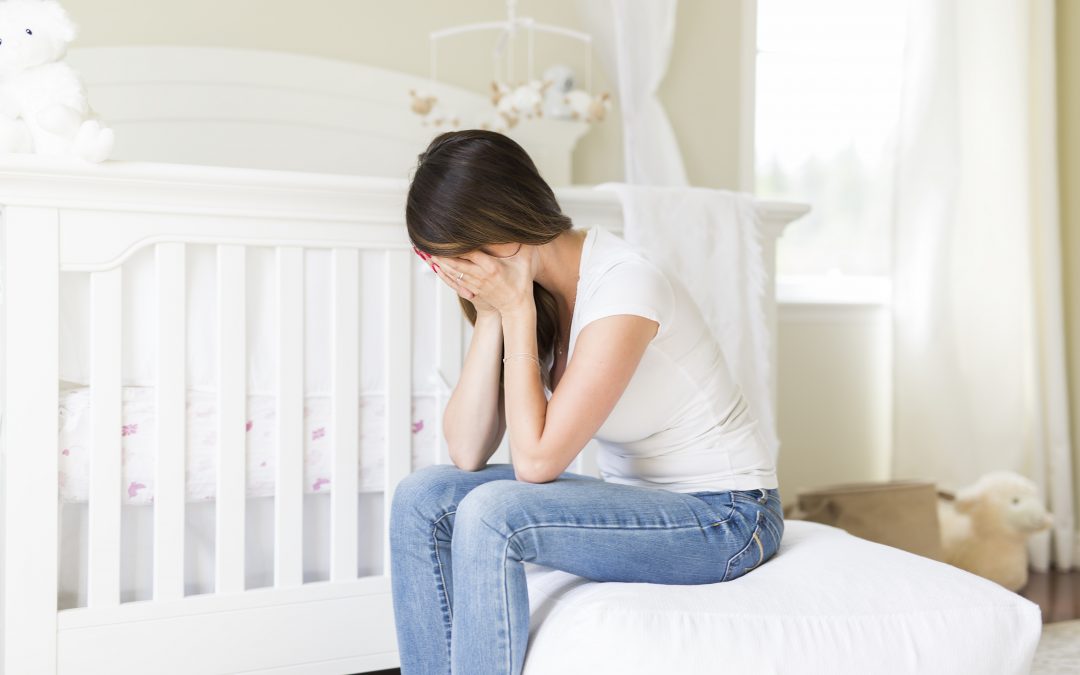It is entirely normal to experience a range of feelings after having a baby. At least half of all new mums experience the ‘baby blues’, usually within a few days of giving birth. This is often linked to changes in hormones and can leave people feeling very emotional, anxious or exhausted. You may also wonder if you will manage to cope with being a parent. This normally lasts only a few days.
If these feelings persist for longer or get more severe, it may be that you have developed post-natal depression. The symptoms are similar to any other type of depression: feeling low or tearful; being unable to enjoy things; losing motivation; experiencing changes in appetite or sleep (either too much or too little); having difficulty concentrating; feeling exhausted; small tasks feel like a huge effort; feeling guilty; feeling a failure as a parent; feeling helpless or hopeless and unable to cope. You may also feel very irritable or anxious. It is thought that about 1 in 10 mothers suffer from post-natal depression. This can happen to first time mothers as well as after a second or subsequent child – even if you coped well with your first baby.
There are many reasons why people develop post-natal depression. It can be triggered by the biological, hormonal or physical changes after the birth. It can also be caused by emotional reactions to becoming a mother. Motherhood is often portrayed as a wonderful experience, but the reality is often more difficult, and you may worry you are not the ‘perfect’ mother. Social changes, such as having to stop work, changes in your relationship with your partner or friends, and being more isolated, can also contribute.
There are many things that can help you cope and recover:
- Talk to friends and family about your feelings. Ask for practical help so you can get some rest.
- Don’t spend too much time alone. See friends and family and try to meet other parents.
- Exercise regularly and eat well. Even short walks can help.
- Get as much rest and sleep as possible. For example, try napping when the baby is asleep or ask your partner to do night time feeds. Even sitting with your feet up for a few minutes to rest is helpful.
- Have some time to yourself to relax – even if you can only manage half an hour.
Some of these may sound challenging, if not impossible at times. But remember to take things slowly – just one step at a time. The important thing is not to suffer alone. The sooner you reach out for help the sooner you can recover and enjoy your time with your baby.
Below are some more in depth resources on post natal mental health issues:
MIND (UK Mental Health Charity)
This has an excellent section on perinatal mental health and lots of useful links to other websites, books and online support groups:
Royal College of Psychiatrists (choose section on Post natal mental health)
http://www.rcpsych.ac.uk/healthadvice/problemsdisorders.aspx
UK National Health Service (choose leaflet on post-natal depression)

